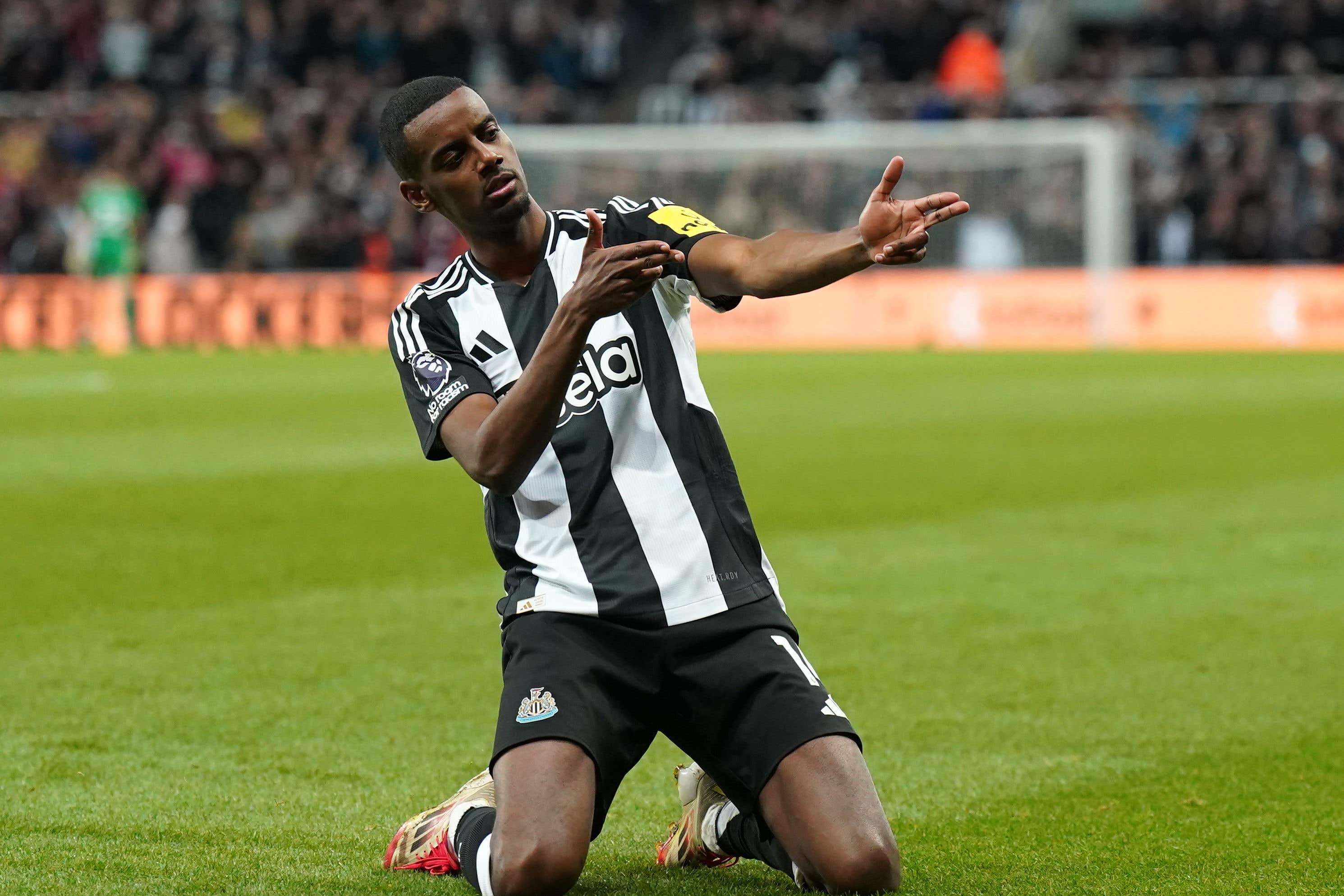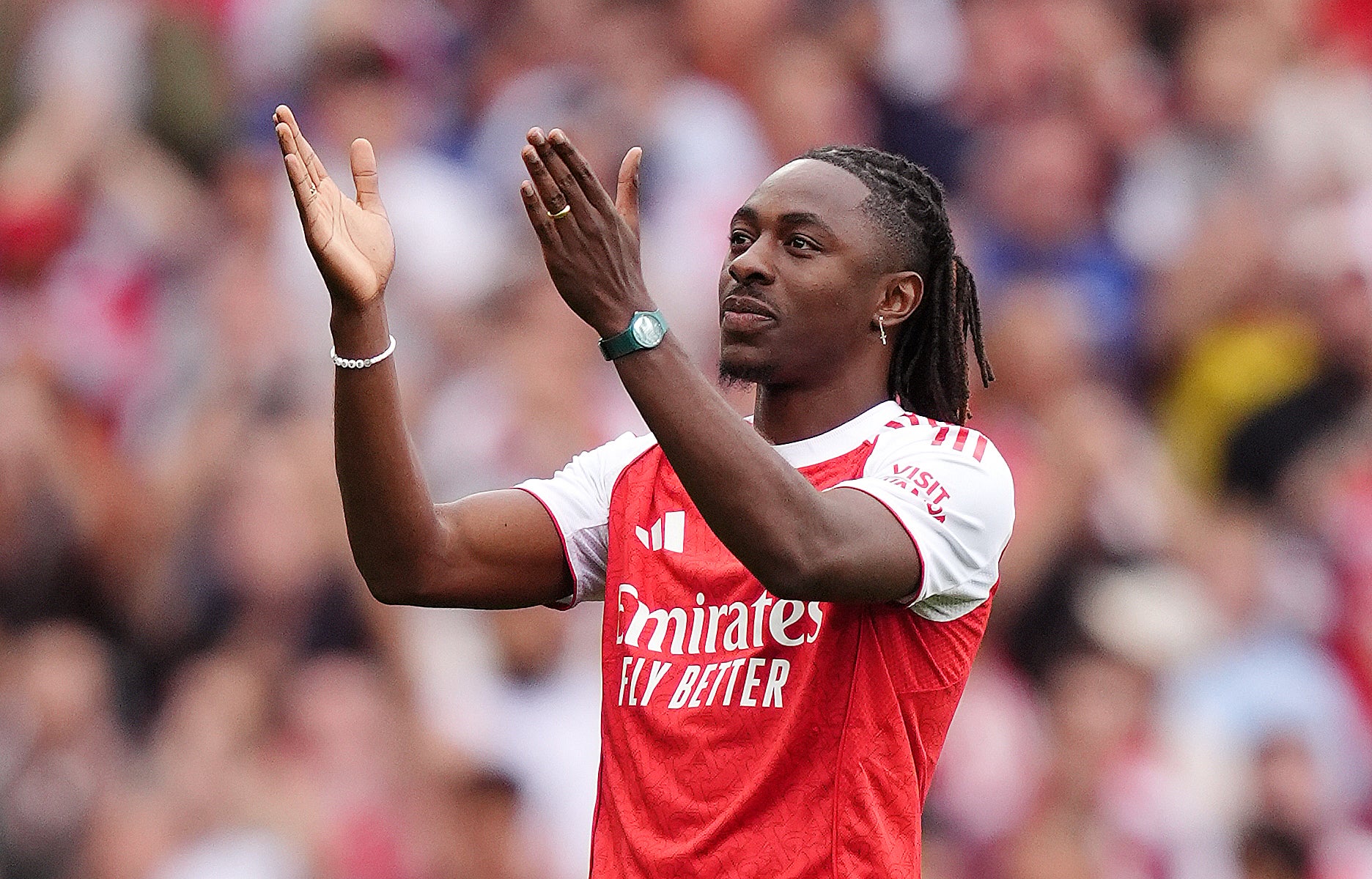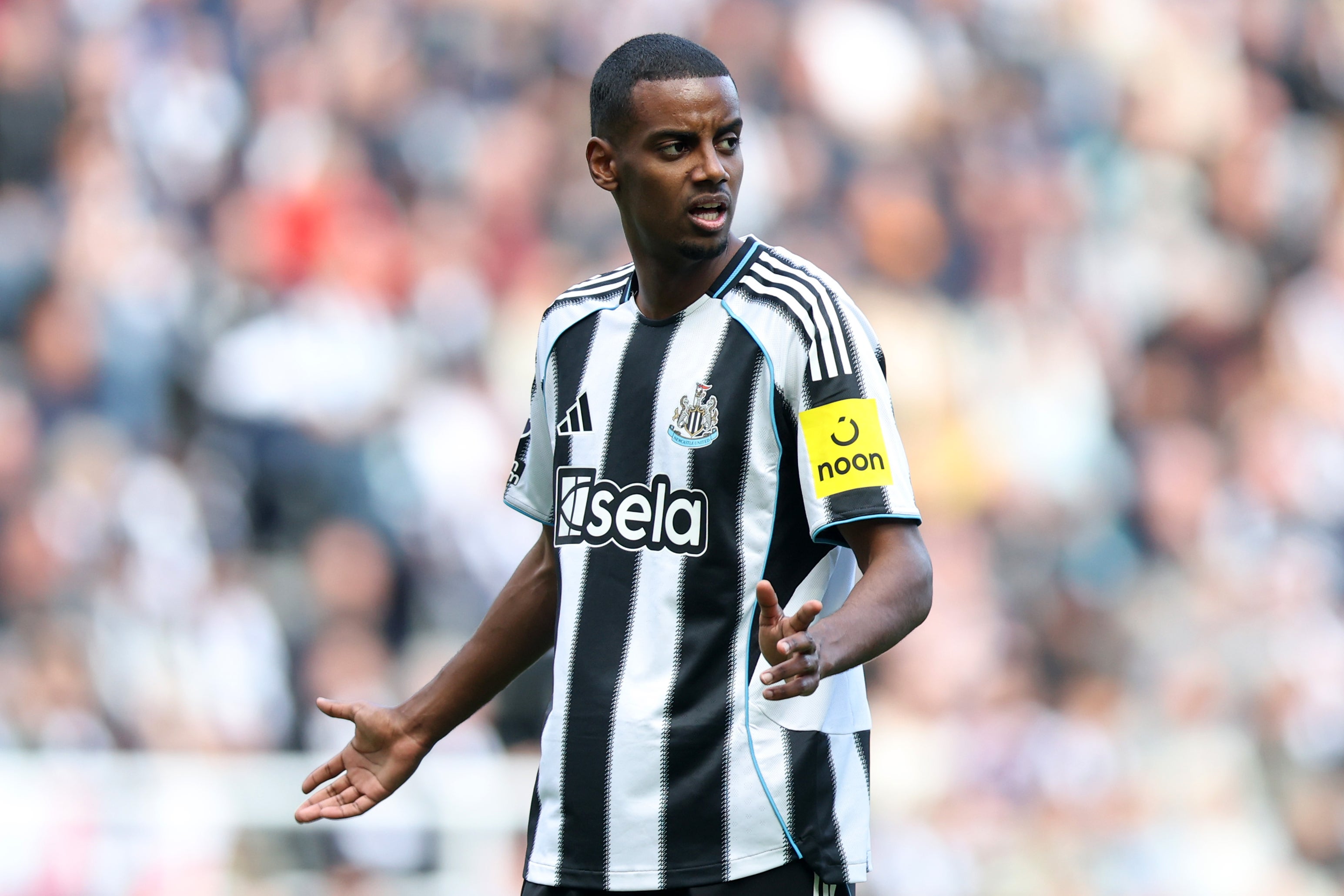As deadline day ticked into the final hours, and some negotiations hit moments of high tension, certain Premier League executives were so angered by each other that they said they were glad for the international break.
“Everyone,” in the words of one source, “needs a chance to cool down.” There are stories of football figures actively trying to get one over on each other.
At the very top, Liverpool are known to have put out a lot of rivals with what is described as “Real Madrid behaviour”. Crystal Palace were obviously perturbed by how late the bid for Marc Guehi came. The collapse of that deal added one final drama, to the point the Alexander Isak negotiation seemed smooth. The latter certainly said something about power in the Premier League.

There’s a strange aptness that this window ended with the English transfer record being broken again, an inevitability given that the Premier League broke its own combined spending record five days before the end of the window.
A frantic final weekend is estimated to have taken that expenditure to over £3bn, appropriately reflecting a deadline day that had everything. And that really was everything, as the gluttonous Premier League burst at the seams. Hence, its champions behaving like Real Madrid. The rest of Europe, outside a few clubs, is struggling badly to keep up. That can even be illustrated in how the Premier League spent more money than ever within the competition, hitting £1bn between its clubs for the first time. That was £430m more than the next most accepting league, the Bundesliga.
It wasn’t just the types of deals being done, either, from records being broken to classic gazumpings. It was also the very manner of negotiations and what clubs were trying to do.
At least four high-profile deals were on and off four times or more over the final 24 hours, sometimes more. And that’s just those we know about.

Sources claim there was one prospective transfer that would have come in just short of £100m but failed, and never came to light. In almost vintage fashion, big clubs were suddenly making punts for players they hadn’t even been considering two days before.
And this on a day of frenetic activity at around half the Premier League clubs. Hence, some of the bad feeling, as well as a lot of disgruntled players and managers by the end of the window.
The nature of deadline day was really just the appropriate bookend to a window where it felt like we entered a next stage of the Premier League’s Super League era. It is like all the money made people mad, in multiple ways.
Such sentiments do not represent new comments, of course, but there were new effects.
Even Liverpool and Arsenal, who would generally describe themselves as “good citizens” in this PSR-stretching climate, had bombastic summers.

Their spending naturally fed into four main themes of this window, which defined four different stages.
The first was the “empires striking back”, and how the old “big six” signed so many of last season’s stars from the “middle classes”. It was properly sparked with Chelsea’s signing of Joao Pedro and culminated with Isak. Money in football, after all, only tends to flow in abundance in one direction. This is the ultimate trickle-down economy.
Such spending undoubtedly aggravated the second and longest-running theme, which was player agitation.
There’s a simplistic view that those who went to the most unpalatable extremes were the ones to get their moves, but there’s much more to it than that. Eberechi Eze, a model pro, had a dream come true. Ademola Lookman is still waiting.
The theme is more instructive in terms of the potential evolution of the transfer market, especially as the game waits for the true consequences of the Lassana Diarra ruling.
For all the talk of “player power”, they agitate because their power is actually quite limited. That might be about to change. If Diarra ensures that players can walk out of their contracts more easily, they are worth less.

Fees are going to come down, which makes it striking that this latest expenditure is so high. Some high-level sources believe this is another indication of the transfer madness that has afflicted the game.
Player power is also the other side of the third theme and stage of this window: the unwanted. A further reason they agitate is that clubs will just as readily try to drive them out, or into “bomb squads”. Such stockpiling is another consequence of the game’s concentration of wealth. It also forced many clubs to finally realise that knowing how to sell is as important to the market as knowing how to recruit. Chelsea and Liverpool were seen as masters in this regard.
The difference between them and other clubs framed the fourth and final stage, which was the utter chaos of the last few days.

One of the most notable aspects about it was how many clubs got drawn in, even those who would usually be much more composed. Manchester City, for example, used to get most of their work done early. They instead went for a second goalkeeper in Gianluigi Donnarumma. There have been murmurs of internal debates about their transfer policy. Tottenham Hotspur at least recovered from the Eze disappointment to make another good signing in Xavi Simons. Manchester United’s business feels incomplete, but they’re far from alone there.
The great question is: why now? Why was it this window that created such late chaos, after 12 years of the Premier League generating such revenue?
Part of it might be about a certain amount of money, and a line that’s eventually crossed. The Premier League has started to get high on its own supply, as seen in that internal expenditure.
There are also its internal rules. There is actually some logic to the chaos, as the clubs adapt to – and try to work around – PSR.
Many clubs now just see it in terms of the constant movement of money and “assets”, an approach that will inevitably see transfer windows get pushed to the limits. One senior Premier League executive admitted that it means more deals are done for non-football reasons. Aston Villa, most notably, have had to endure the comedown from a period when their wage bill excitedly went up to almost 100 per cent of their revenue.

None of this is an argument against PSR, which is simply a financial control. The emotions of this window may further impact Premier League governance, and the ongoing struggles to vote through a system more in line with that of Uefa. Some stakeholders have expressed frustration with the Premier League’s drafting of its rules, which feel of a piece with how the deal sheets – that deadline day staple – are not legally binding.
The competition still sees all that money flow in, and now around. This is a new development, one that has forced many back-and-forth negotiations.
As to who “won” or “lost” the transfer window, we won’t know until we see who starts winning or losing games.
Right now, all of Liverpool, Arsenal and Sunderland seem most content.
Newcastle, Villa, Crystal Palace and Fulham seem the more disgruntled, to varying degrees.
Those emotions can quickly change, though. Satisfaction can soon turn to frustration. Disappointed clubs can later feel they got away with one.
Deadline day was fitting proof of that.







